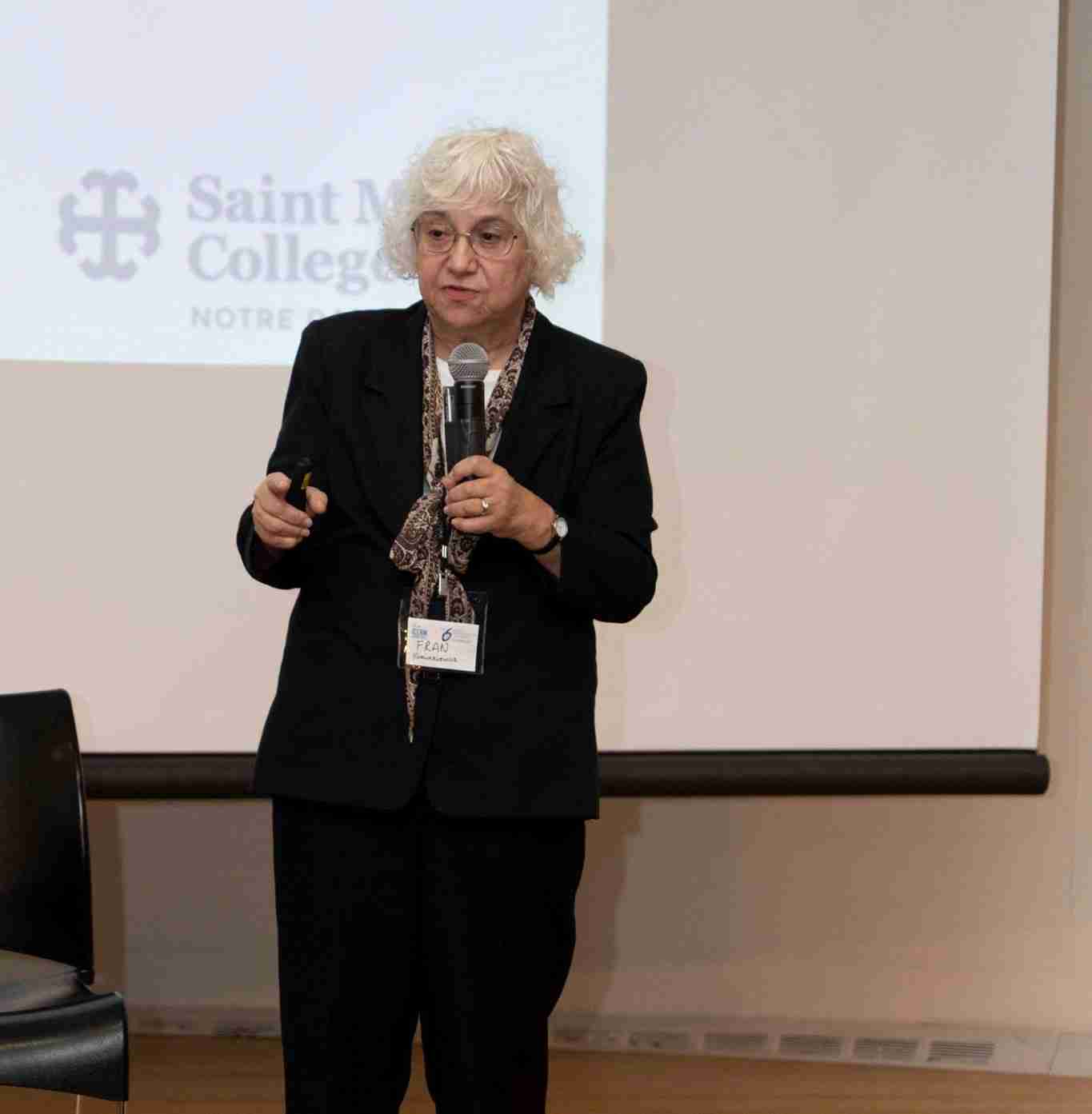Combating Terrorism: A Literature Review
Abstract:
Terrorism and the security threats it poses to individual states and the global community currently dominate the public discourse. Scholars, policymakers, and ordinary citizens are engaged in an endless inquiry into the nature, root causes, impacts, trends, patterns, and remedies of terrorism. Although serious academic research on terrorism goes back to early 1970s and 1980s (Crenshaw, 2014), the 9/11 terrorist attack in the United States served as a catalyst that intensified research efforts within the academic circles (Sageman, 2014). This literature review seeks to explore in detail five fundamental questions that are at the center of academic research on terrorism. These questions are: Is there a globally accepted definition of terrorism? Are policymakers really addressing the root causes of terrorism or are they fighting its symptoms? To what extent has terrorism and its threats to peace and security left an indelible scar on humanity? If we were to consider terrorism to be a public illness, what types of medication could be prescribed to permanently cure it? What methods, techniques and processes would be appropriate to help affected groups engage in a meaningful discussion on the topic of terrorism in order to generate mutually acceptable and implementable solutions that are based on reliable information and respect for the dignity and rights of individuals and groups? To answer these questions, a thorough examination of available research literature on the definition, causes, and solutions of terrorism is presented. The literature utilized in the review and analysis are peer-reviewed journal papers accessed and retrieved through the ProQuest Central databases, as well as research findings published in edited volumes and scholarly books. This research is a scholarly contribution to the ongoing discussion on counter-terrorism theories and practices, and an important tool for public education on the subject matter.
Read or download full paper:
Journal of Living Together, 2-3 (1), pp. 125-140, 2015, ISSN: 2373-6615 (Print); 2373-6631 (Online).
@Article{Ugorji2015
Title = {Combating Terrorism: A Literature Review}
Author = {Basil Ugorji}
Url = {https://icermediation.org/combating-terrorism/}
ISSN = {2373-6615 (Print); 2373-6631 (Online)}
Year = {2015}
Date = {2015-12-18}
IssueTitle = {Faith Based Conflict Resolution: Exploring the Shared Values in the Abrahamic Religious Traditions}
Journal = {Journal of Living Together}
Volume = {2-3}
Number = {1}
Pages = {125-140}
Publisher = {International Center for Ethno-Religious Mediation}
Address = {Mount Vernon, New York}
Edition = {2016}.


